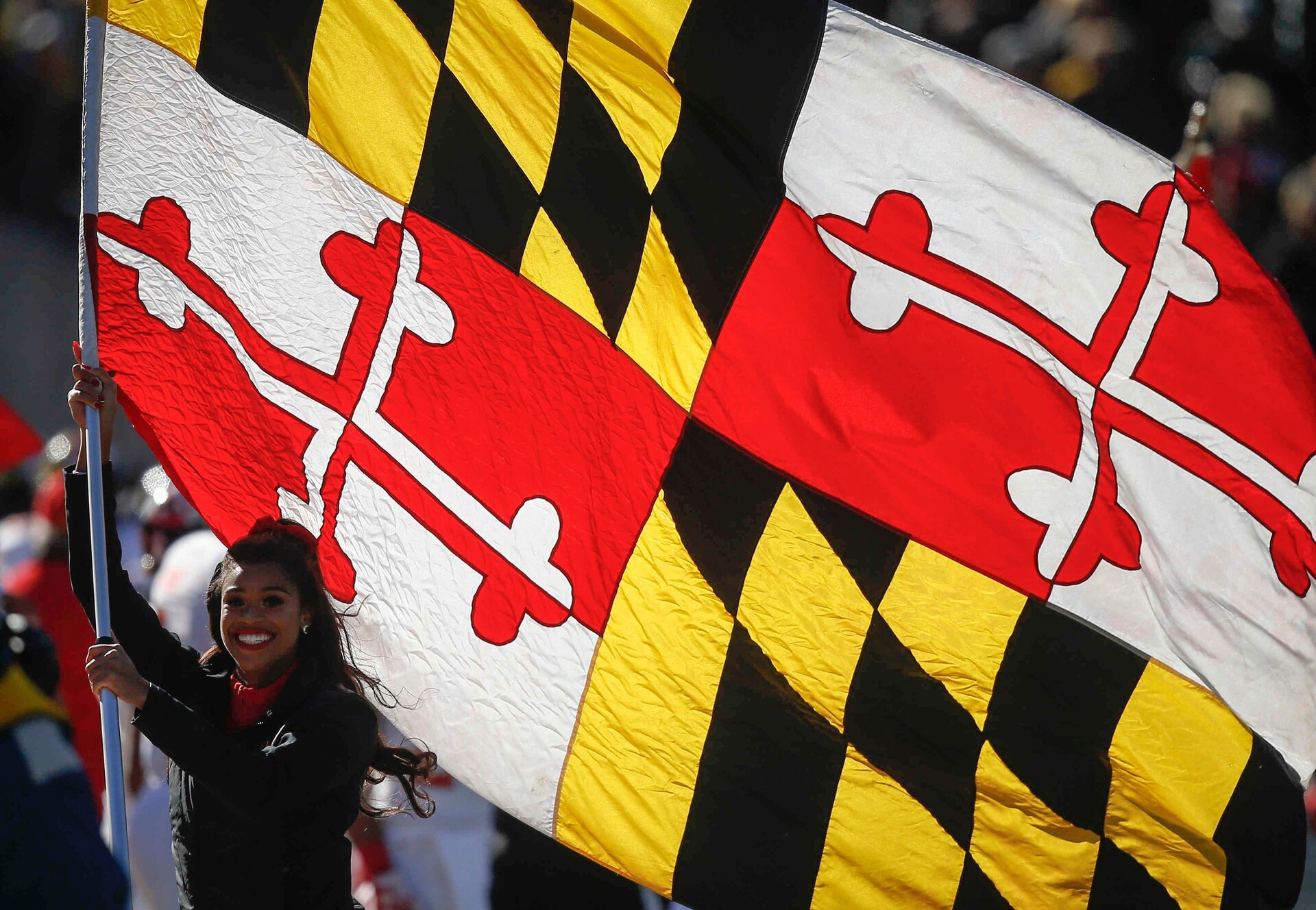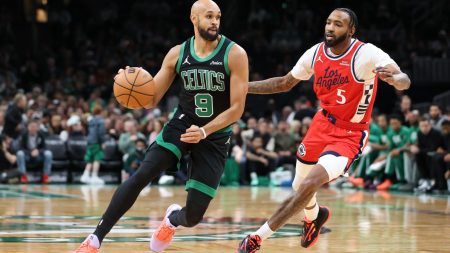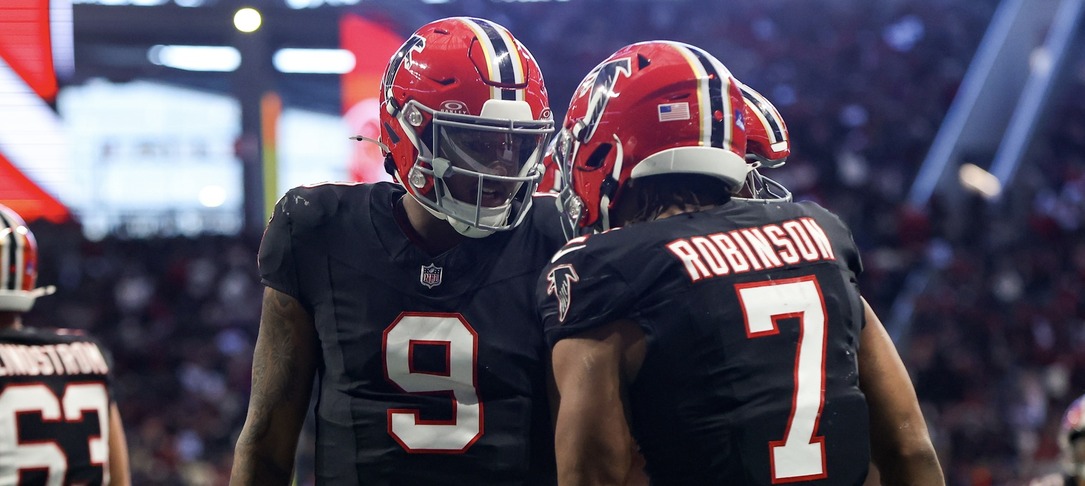To borrow a phrase from the Grateful Dead, Maryland’s efforts to launch legal mobile sports betting apps have been a long, strange trip. Fortunately, the journey, which began in November 2020, is coming to an end, as the state has its sights set on a late-2022 launch date.
The final timeline was put forth in September 2022, when the state announced it was ready to begin accepting license applications, with a deadline of October 21 for operators looking to be part of the first wave. Regulators will then have 45 days to review these applications. That means a go-live date sometime in late November or early December, unleashing what is expected to be one of the top-performing sports betting markets in the US.
The Maryland Sports Betting Opportunity
Based on comparisons with several other sports betting states, Props.com estimates the Maryland sports betting market will be in the $200-$225 million in revenue in Year 1. That figure could exceed $250 million by Year 3.
The factors we considered are:
- Population
- Economic indices
- Market structure
- Sports culture
- Gambling culture
Maryland is the 18th most populated state, with 6.3 million people. And while population strongly correlates to sports betting revenue, it’s not the only consideration. Further, outside of the big four – California, Texas, Florida, and New York – the population gap between the tenth (Michigan at 10.1 million) and twentieth (Wisconsin at 6 million) ranked states isn’t as vast as the gap between California and its 40 million residents and Michigan.
The main reason Maryland can be a Top 10 sports betting market is its strong economic factors. Maryland ranks first in median household income, which means plenty of residents have plenty of disposable income.
Also working in the state’s favor is its sports betting industry’s open, competitive structure. With up to 60 online licenses available, Maryland could have the most online sports betting operators in the US. That will help market penetration via advertisements and customer conversion, thanks to lucrative promotions.
And then there is Maryland’s vibrant sports scene, with three professional sports teams and the DC-based teams that possess strong Maryland fanbases:
- Baltimore Ravens (NFL)
- Baltimore Orioles (MLB)
- Washington Commanders, based in Landover, MD (NFL)
- Washington Wizards (NBA)
- Washington Nationals (MLB)
- Washington Capitals (NHL)
Maryland also has a proven track record on the gambling front. The state’s casino industry is relatively new, dating back to 2010, and has already broken into the Top 10 in terms of state casino revenue, with the state’s casinos generating nearly $2 billion in gross gaming revenue in 2021.
The Maryland Lottery is also one of the best in the nation, ranking eighth in spend per capita.
The Washington DC Factor
Any discussion of Maryland sports betting has to include the flailing Washington DC sports betting market. The 700,000 residents of Washington DC are unimpressed with their sports betting options. For all intents and purposes, DC is an online sports betting monopoly run through its lottery, and the results have been lackluster.
Because of the DC Lottery’s failures, the Terrapin State is in a prime position to entice DC residents to take the short trip into Maryland to place sports bets through one of its many sports betting apps.
How It Started and How It’s Going
That raises the question, why has it taken so long for Maryland to get its mobile sports betting sites up and running if the opportunity is so immense?
Marylanders voted to legalize sports betting via referendum in November 2020, with the legislature passing enabling legislation in May 2021. The first Maryland retail sportsbooks went live relatively quickly in December 2021.
Nearly a year after the launch of retail sportsbooks, online betting operators still await final approval. We can trace the slow online rollout to the state’s bifurcated regulatory structure that adds a layer of complexity not seen in other legal sports betting states.
In Maryland, sports betting is overseen by Maryland Lottery and Gaming Control Agency, with the help of the independent SWARC, which was created to handle the licensing process and ensure the inclusion of women and minority-owned businesses in the Maryland sports betting market.
The regulatory structure has resulted in policies ping-ponging back and forth, with the two bodies reviewing and modifying the other’s work. That has made Maryland one of the slowest online sports betting rollouts in US history. But the light at the end of the tunnel can now be seen.
Maryland will soon reap the benefits of the effort, and extreme care regulators have put into the process. The state’s sports betting rollout should be smooth and well-coordinated, with operators having plenty of time to fine-tune their promotions and offerings.






